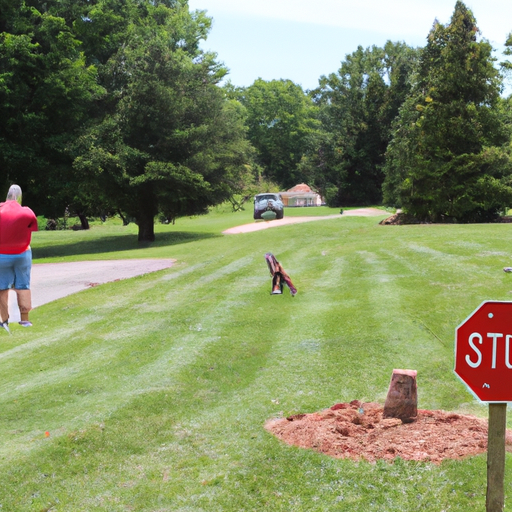1. Understanding Why Dogs Dig
First and foremost, it’s important to understand why your furry friend is digging. Dogs dig for a variety of reasons:
-
Boredom or Excess Energy: Dogs are naturally playful and energetic. If they don’t have enough physical or mental stimulation, they might resort to digging.
-
Hunting Behavior: Some breeds are natural hunters and will dig in an attempt to find prey.
-
Comfort and Protection: Dogs might dig to create a cool spot to lie in during hot weather or to hide food or other objects.
-
Escape or Attention Seeking: If your dog is trying to get out of the yard, or if they’re digging to get your attention, there might be bigger issues at play.
2. Providing Alternatives to Digging
Once you’ve identified why your dog is digging, you can begin to provide alternatives.
-
Exercise: Regular walks, playtime, and training sessions can help burn off your pet’s excess energy and reduce their need to dig.
-
Mental Stimulation: Toys, puzzles, and interaction with other dogs can provide the mental stimulation your dog needs.
-
Proper Shelter and Comfort: Ensure your dog has a cool, comfortable place to rest, especially during hot weather.
-
Attention and Training: Spend quality time with your dog and use positive reinforcement to discourage digging.
3. Training Methods to Discourage Digging
-
Redirect and Reward: When you see your dog start to dig, distract them with a toy or activity. Reward them for stopping the digging behavior.
-
Create a Digging Zone: If you have the space, consider creating a designated digging area. Bury toys or treats in this area to encourage your dog to dig there instead of other places.
-
Use Deterrents: There are certain scents and substances that dogs dislike. Sprinkling these around your yard can discourage your dog from digging.
4. Consulting a Professional
If your dog’s digging continues to be an issue, it might be time to consult a professional. A professional dog trainer or behaviorist can provide personalized advice and strategies to help manage your dog’s digging behavior.
5. Patience is Key
Remember, changing a dog’s behavior takes time and patience. It’s important to stay consistent and positive. Celebrate the small victories and understand that setbacks are part of the process.
FAQ
1. Are some breeds more prone to digging than others?
Yes, certain breeds such as terriers and dachshunds are more prone to digging due to their hunting instincts.
2. Can I use punishment to stop my dog from digging?
Punishment is not recommended as it can often lead to fear and anxiety, which may exacerbate the behavior.
3. How long does it take to change a dog’s digging behavior?
The timeline varies for each dog, depending on their personality and the reason for their digging. Patience and consistency are key.



